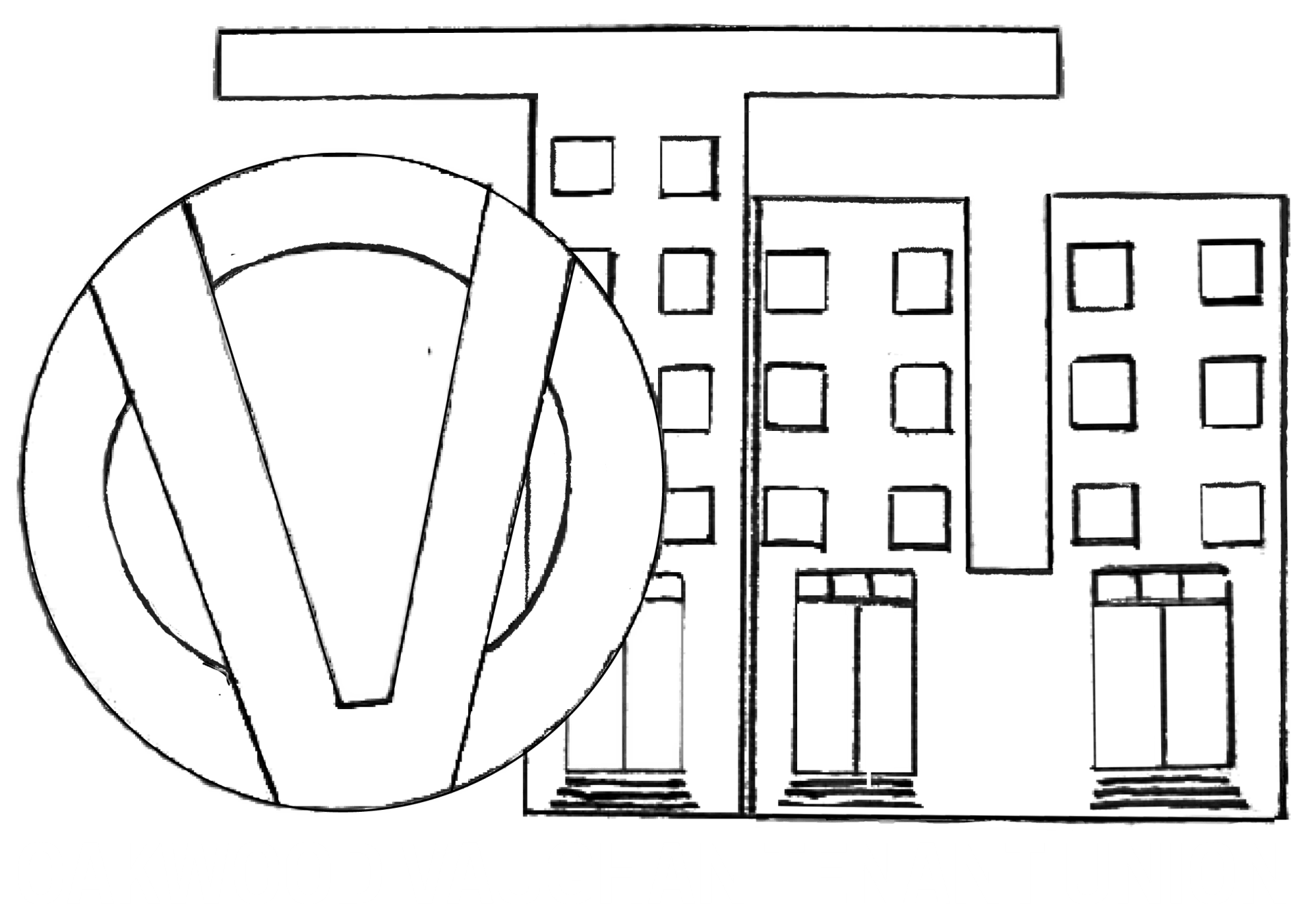Building grassroots tenant power in toronto's oakwood-vaughan
Nov 18, 2023
Andrew Winchur
As published in Canadian Dimension
As multinational corporations continue to buy up more and more of Toronto’s rental housing stock, tenants are fighting back.
Oakwood-Vaughan, otherwise known as Oakwood Village, is a vibrant and diverse neighbourhood located in midtown Toronto. Bordered by Little Jamaica to the north and the Italian enclave clustered around St. Clair West and Dufferin, its population now includes immigrants from all over the world, with almost half speaking Portuguese, Spanish, Tagalog, Greek, Cantonese, or some dialect of Italian as their mother tongue.
Given this unique mix, along with the city’s storied underinvestment in immigrant—particularly Black—communities, it should come as no surprise that almost half of Oakwood-Vaughan’s community members live in renter households and a full fifth of the neighbourhood lives below the poverty line (these numbers, from the city’s own 2018 neighbourhood profile, are by now surely a colossal underestimate).
Within the context of Toronto’s now-infamous housing crisis, these dynamics spell obvious trouble for Oakwood-Vaughan’s non-home-owning community members, who make up 47 percent of the neighbourhood. Low-income renters throughout Toronto are increasingly at risk to renovictions, illegal rent hikes, intimidation from landlords, and neglect of needed unit repairs.
As large multinational corporations continue to buy up more and more of Toronto’s rental housing stock, these abuses are only becoming more systemic and entrenched. A 2021 report outlined the ways in which large corporate and financialized landlords position above-guideline rent Increases (AGIs) as “as a revenue-generating tool to help increase profits,” and are responsible for 64 percent of all AGI applications in Toronto.
Read the full article here.
